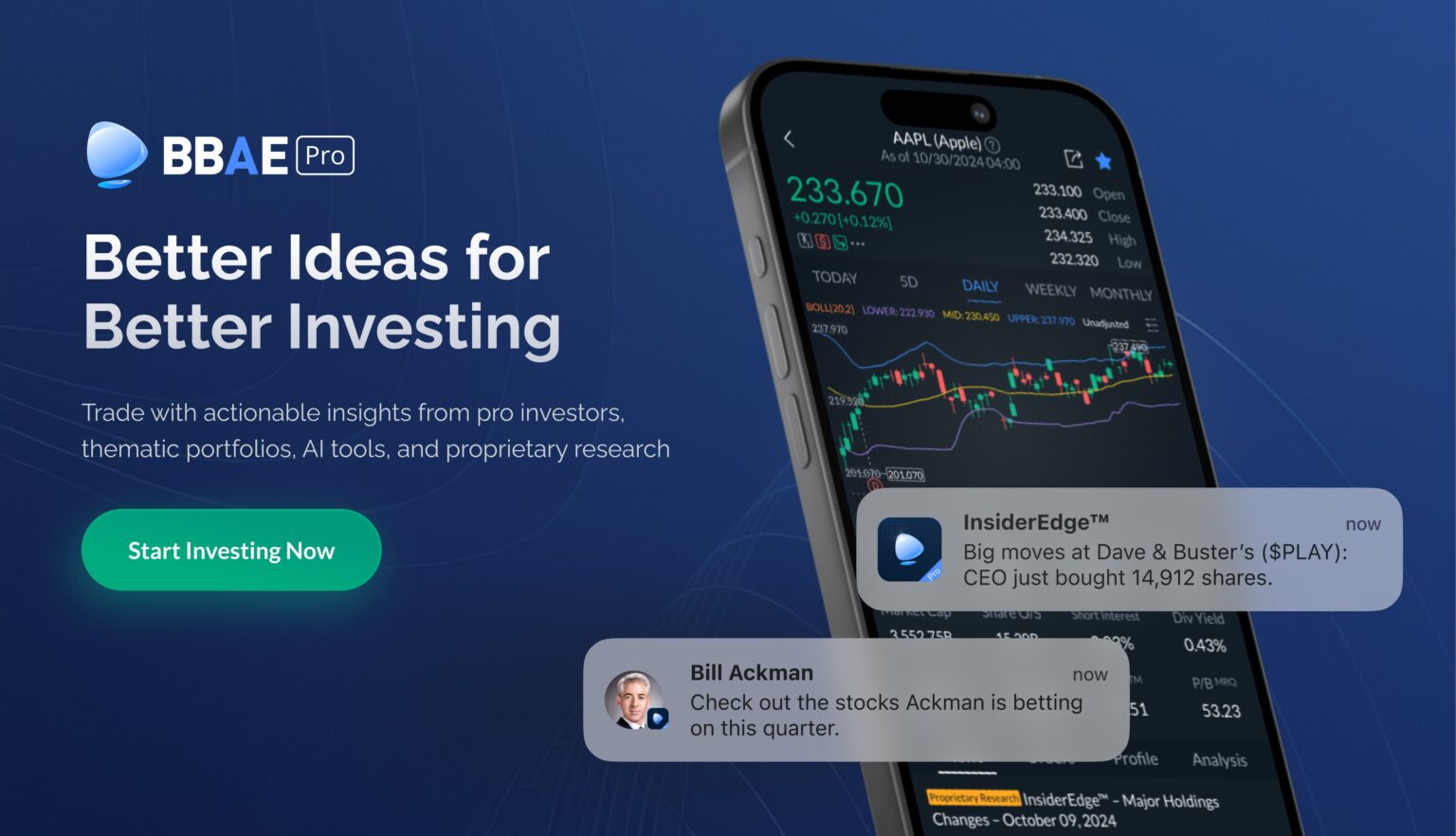AI Mega-Deals of Fall 2025: The Breakdown
September and October 2025 brought an unprecedented wave of mega-deals and capital moves in artificial intelligence. OpenAI led the charge with massive partnerships involving AMD, Nvidia, and Broadcom, while Oracle and Meta unveiled record-breaking cloud infrastructure commitments. At the same time, major investors — from SoftBank to Middle Eastern sovereign funds — poured billions into AI ventures, pushing valuations to new highs. In just a few weeks, the industry announced contracts and funding worth trillions of dollars, signaling that big tech and global capital are betting heavily on AI’s next phase of growth. This article breaks down the key developments shaping this extraordinary two-month run.
OpenAI’s GPU Partnerships with AMD and Nvidia
OpenAI, the company behind ChatGPT, has signed major multi-year partnerships with both AMD and Nvidia to secure the vast computing power required for its next generation of AI models. AMD’s deal involves supplying around 6 gigawatts of GPU capacity over several years — a scale expected to generate tens of billions in revenue. As part of the agreement, OpenAI also received a warrant to purchase a significant stake in AMD at a nominal price if performance targets are met.
The stock market responded with enthusiasm. AMD shares soared more than 30% in a single day, adding roughly $80 billion in market value. For AMD, the partnership represents a major breakthrough into large-scale AI infrastructure. Still, Nvidia remains the dominant supplier in the market. It has its own long-term arrangement with OpenAI, including a plan to invest up to $100 billion and provide at least 10 gigawatts of GPU systems. Analysts see AMD’s deal as confirmation that demand is far exceeding supply, rather than a threat to Nvidia’s position. In this rapidly expanding market, both chipmakers stand to benefit as OpenAI scales its computing footprint toward an ambitious long-term goal of hundreds of gigawatts of capacity.
Broadcom Joins the AI Hardware Race
Broadcom has also emerged as a key beneficiary of the AI boom after securing a $10 billion order for custom AI processors, widely believed to come from OpenAI. The order, reportedly for a new “XPU” chip designed specifically for AI workloads, lifted Broadcom’s shares by about 15% and reinforced its reputation as a leader in custom chip design.
The deal highlights how OpenAI and other major players are diversifying beyond traditional GPU suppliers. Big Tech companies such as Microsoft, Amazon, and Meta are already developing their own chips to reduce dependence on Nvidia, and Broadcom’s ability to produce tailored solutions positions it perfectly for this shift. Analysts estimate that the company’s AI chip revenue could exceed $40 billion in 2026, underscoring the growing opportunity for multiple semiconductor firms in the AI race.
Oracle and Meta Bet Big on AI Infrastructure
AI’s rapid growth is also transforming the cloud industry. Oracle shocked the market with a $300 billion contract to provide cloud capacity for OpenAI over roughly five years — one of the largest such deals in history. The company plans to massively expand its global data center network to accommodate the new workloads. To finance this expansion, Oracle has already issued $18 billion in bonds and may need to raise significantly more, taking on major debt in exchange for what it hopes will be explosive AI-driven growth. Investors have welcomed the move but remain cautious about the financial risks if AI demand slows.
Meta is pursuing a similar strategy. The company raised $29 billion from private investors to build massive new AI data centers in the United States. These projects, named “Prometheus” and “Hyperion,” are designed to provide multi-gigawatt computing power for Meta’s AI ambitions. CEO Mark Zuckerberg has described this as an essential step toward the company’s long-term vision of developing “superintelligent” systems. By bringing in external investors such as PIMCO and Blue Owl Capital, Meta can fund the expansion without taking on all the risk itself. The move signals that Meta is fully committed to competing at the top tier of AI infrastructure.
Global Investors Fuel the AI Boom
The massive funding flowing into AI continues to reshape the industry. OpenAI’s valuation recently climbed to around $500 billion following a $6.6 billion share sale involving investors such as SoftBank, Thrive Capital, Dragoneer, and Abu Dhabi’s MGX sovereign fund. SoftBank has also joined forces with Oracle and OpenAI in a venture called Stargate, aiming to build up to 10 gigawatts of data center capacity with as much as $500 billion in total investment. This level of infrastructure spending underscores just how global and capital-intensive the AI race has become.
Microsoft, OpenAI’s earliest major backer, remains deeply intertwined in this ecosystem. Having invested over $13 billion, it continues to integrate OpenAI’s models across Azure and its productivity software, while expanding its own AI data centers. Microsoft’s approach has positioned it as both an investor and a direct beneficiary of OpenAI’s success.
Stock Market Impact and Investor Sentiment
The surge of AI partnerships and financing in October 2025 reignited enthusiasm for semiconductor and cloud stocks. AMD’s record rally, Broadcom’s custom-chip order, and Nvidia’s continued dominance all reinforced confidence that demand for AI hardware remains extraordinarily strong. Oracle’s and Meta’s bold infrastructure bets further illustrated that the AI build-out now spans far beyond chips — it’s about building the entire digital foundation for the next era of computing.
This article is for informational purposes only and is not investment advice or a solicitation to buy or sell securities. The content is based on publicly available information and reflects the author’s opinions as of the publication date, which may change without notice. All investments carry inherent risks, including the potential loss of principal, and past performance is not indicative of future results. Readers should conduct their own research or consult a financial advisor before making investment decisions. BBAE holds no position in the securities mentioned, nor are they compensated by the companies mentioned.











